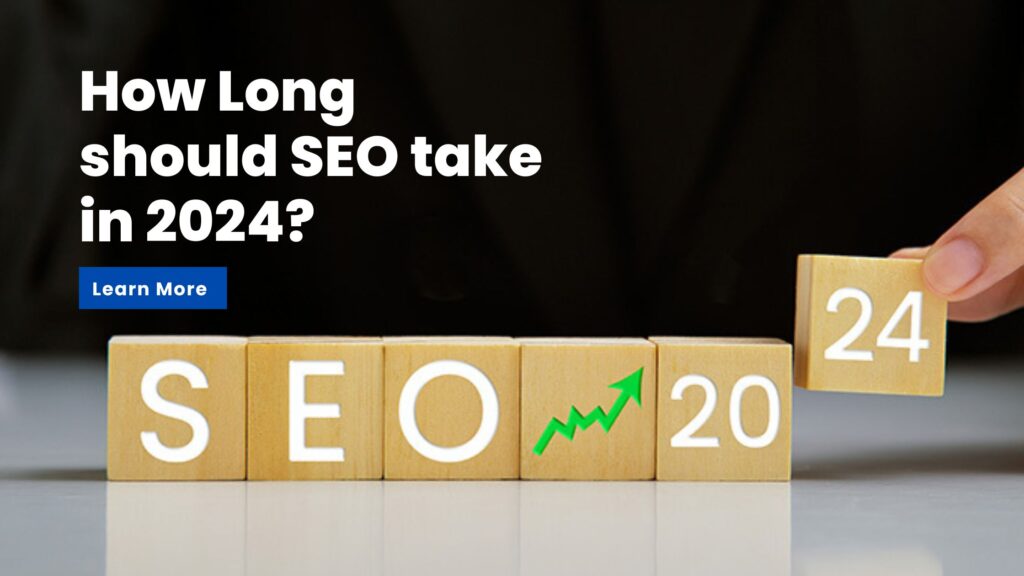In a significant move to enhance user privacy and streamline advertising practices, Google has rolled out integrated Consent Management Platform (CMP) tools across its ad platforms. This update is designed to simplify the consent management process for advertisers, making it easier for them to navigate the complex landscape of privacy regulations while ensuring transparent user interactions.
Simplifying Consent Management.
As digital advertising continues to evolve, so too do the responsibilities advertisers face in managing user consent. With data privacy becoming a paramount concern for consumers, businesses must navigate a myriad of regulations that govern how user data can be collected and used. Google’s latest initiative aims to alleviate the burden on advertisers by providing a robust framework for managing consent efficiently.
With the integrated CMP setup, advertisers can now access tools that enable them to obtain and manage user permissions with greater ease. This streamlined approach not only helps in complying with legal requirements but also enhances user trust, thereby fostering a healthier relationship between brands and consumers.
Initial CMP Partnerships.
To kick off this new initiative, Google has partnered with four leading CMP providers, ensuring that advertisers have access to a variety of compliance solutions tailored to different needs and preferences. These partnerships are crucial as they allow advertisers to choose a CMP that aligns best with their specific strategies, audience, and operational requirements.
By integrating these CMPs into its ad platforms, Google aims to create an ecosystem where consent management is not a cumbersome task but an integral part of the advertising workflow. This collaboration signals Google’s commitment to providing advertisers with the tools they need while prioritizing user privacy and compliance.
What This Means for Advertisers?
The introduction of these integrated CMP tools is a game-changer for advertisers who often grapple with the challenges of keeping up with ever-changing privacy laws and consumer expectations. With Google taking the lead, advertisers can look forward to a more straightforward way to manage user consent, reduce risks associated with non-compliance, and improve overall campaign efficiency.
In conclusion, Google’s launch of integrated consent management tools represents a proactive step towards balancing the demands of effective advertising with the critical need for user privacy. As the digital landscape continues to shift, this initiative not only supports advertisers in their efforts to engage audiences responsibly but also underscores the importance of fostering transparency in advertising practices. The future of advertising is not just about reaching consumers; it’s also about respecting their choices.



